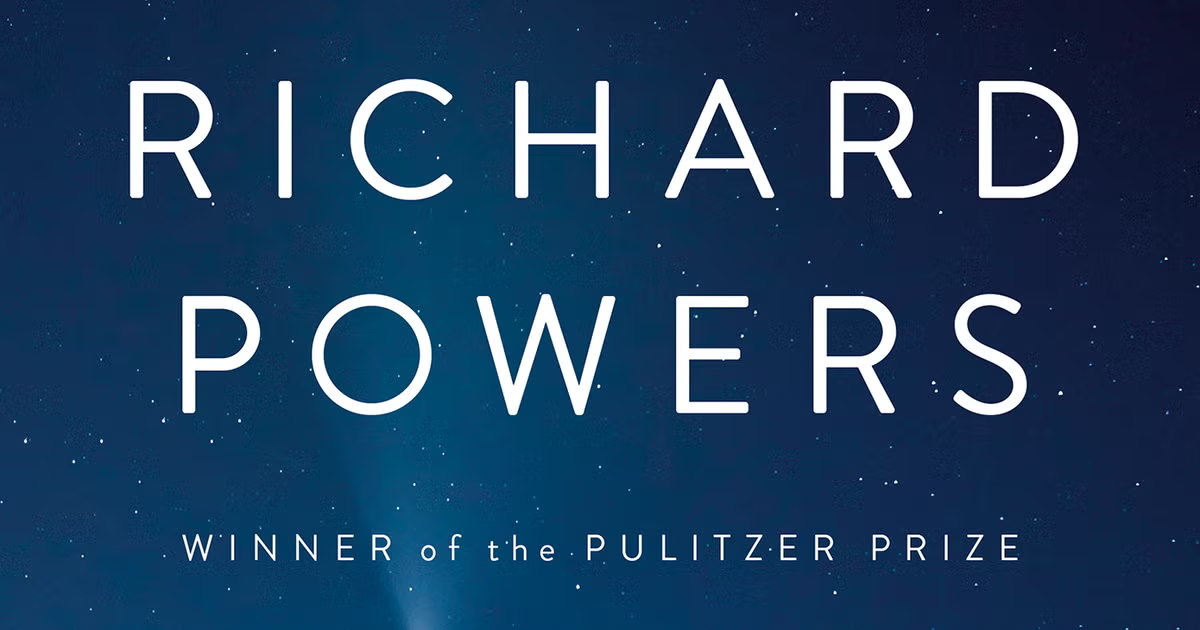Richard Powers’ Bewilderment (2021) is more than a literary novel—it’s an intimate exploration of parenting, ecological despair, and the search for emotional connection in a chaotic world. The story follows Theo, an astrobiologist, and his neurodivergent son, Robin, as they navigate grief after the loss of Robin’s mother. Set in a near-future America facing environmental collapse and political unrest, the novel seamlessly weaves scientific wonder with emotional depth. Powers uses Theo’s cosmic research as a lens to reflect on Earth’s beauty and fragility, offering readers both a personal and planetary perspective.
What makes Bewilderment uniquely compelling is its blend of emotional vulnerability and scientific accuracy. Powers draws on real astrobiology, ecological data, and experimental neurofeedback therapy, grounding the novel in current scientific discourse. Robin’s heightened sensitivity to the natural world becomes both a gift and a burden—mirroring the emotional toll many feel in the face of environmental degradation. The novel doesn’t preach; instead, it invites reflection, especially on how we raise children in a world we are simultaneously destroying and defending.
Shortlisted for the Booker Prize, Bewilderment continues Powers’ legacy of integrating science with moral inquiry, as seen in his Pulitzer-winning The Overstory. It asks readers to consider: how do we nurture empathy—in our children and in ourselves—when the world feels beyond repair? In a quiet, poetic way, Bewilderment reminds us that love and awe might be our last, best hope.










